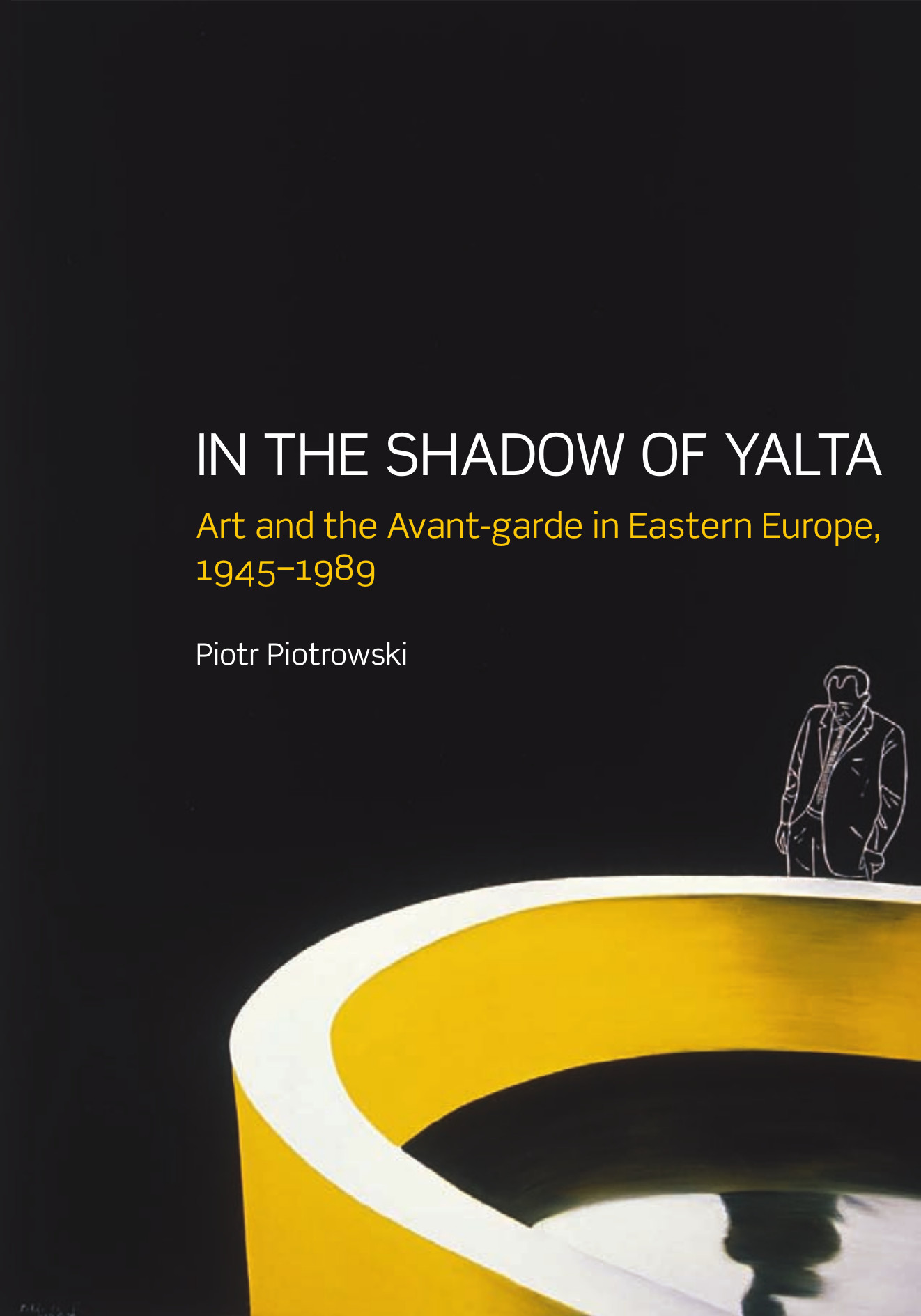Dale F. Eickelman, Jon W. Anderson (eds.): New Media in the Muslim World. The Emerging Public Sphere, 2nd ed. (2003)
Filed under book | Tags: · internet, islam, mass media, middle east, new media, politics, religion

This second edition of a widely acclaimed collection of essays reports on how new media—fax machines, satellite television, and the Internet—and the new uses of older media—cassettes, pulp fiction, the cinema, the telephone, and the press—shape belief, authority, and community in the Muslim world. The chapters in this work, including new chapters dealing specifically with events after September 11, 2001, concern Indonesia, Bangladesh, Turkey, Iran, Lebanon, the Arabian Peninsula, and Muslim communities in the United States and elsewhere. The extent to which today’s new media have transcended local and state frontiers and have reshaped understandings of gender, authority, social justice, identities, and politics in Muslim societies emerges from this timely and provocative book.
Publisher Indiana University Press, 2003
Indiana series in Middle East studies
Edition 2
ISBN 0253216052, 9780253216052
213 pages
Piotr Piotrowski: In the Shadow of Yalta: Art and the Avant-garde in Eastern Europe, 1945-1989 (2005/2009)
Filed under book | Tags: · 1940s, 1950s, 1960s, 1970s, 1980s, art, art history, art theory, avant-garde, central europe, communism, east-central europe, eastern europe, southeastern europe, soviet union

“In the Shadow of Yalta is a comprehensive study of the artistic culture of the region between the Iron Curtain and the USSR, taking in Bulgaria, Czechoslovakia, Germany, Hungary, Poland, Romania and Yugoslavia. Piotr Piotrowski chronicles the relationship between art production and politics in this zone between the end of World War II and the fall of Communism, focusing in particular on the avant-garde.
Beginning with an analysis of Surrealism in Czechoslovakia, Poland and Hungary, Piotrowski then examines the evolution of Modernism against the backdrop of the decline of Stalinism. He follows with an account of the neo-avant-garde experience: the body art and conceptual art made during the volatile political circumstances of the 1970s, the times of ‘real Socialism’. The book concludes with an epilogue describing the end of the Communist system in East-Central Europe, and the art that served witness to that end. Alongside the portrayal of the frequently challenging art that was made in response to such difficult circumstances, the common threads that emerge from the narrative are the erosion of ideology, the rise of consumerism and the emergence of political pragmatism.
Featuring more than 220 images by artists frequently unfamiliar to an English-speaking audience, In the Shadow of Yalta is a fascinating portrait of the art made in an area and during a time of crucial importance to the development of Europe as we know it today. The book will have much to say to art historians, art critics, and students of art history interested in Central and Eastern European art, as well as general historians of the region.”
First published by Rebis, Poznań, Poland, 2005.
Translated by Anna Brzyski
Publisher Reaktion Books, 2009
ISBN 1861894384, 9781861894380
487 pages
Reviews: Katarzyna Murawska-Muthesius (Umění, 2007, repr.), Piotr Bernatowicz (Nordlit, 2007), Dorota Biczel Nelson (2008), Éva Forgács (ARTMargins, 2009, repr.), Magdalena Cześniak-Zielińska (Facta Simonidis, 2009, PL), Henning Küpper (kunsttexte.de Ostblick, 2010, DE), Andrzej Szczerski (Journal of Architecture, 2010), Pál Deréky (Balkon, 2010, HU), David Crowley (J European Studies, 2011).
PDF (updated on 2019-2-2)
Comment (0)Theodor W. Adorno: Adorno: The Stars Down to Earth and Other Essays on the Irrational in Culture (1994)
Filed under book | Tags: · anti-semitism, astrology, culture, fascism, irrational, occultism, psychoanalytics

The Stars Down to Earth shows us a stunningly prescient Adorno. Haunted by the ugly side of American culture industries he used the different angles provided by each of these three essays to showcase the dangers inherent in modern obsessions with consumption. He engages with some of his most enduring themes in this seminal collection, focusing on the irrational in mass culture – from astrology to new age cults, from anti-semitism to the power of neo-fascist propaganda. He points out that the modern state and market forces serve the interest of capital in its basic form. Stephan Crook’s introduction grounds Adorno’s arguments firmly in the present where extreme religious and political organizations are commonplace – so commonplace in fact that often we deem them unworthy of our attention. Half a century ago Theodore Adorno not only recognised the dangers, but proclaimed them loudly. We did not listen then. Maybe it is not too late to listen now.
Edited with an Introduction by Stephen Crook
Publisher Routledge, 1994
Routledge classics
ISBN 0415105684, 9780415105682
176 pages
PDF (updated on 2013-6-6)
Comment (1)
